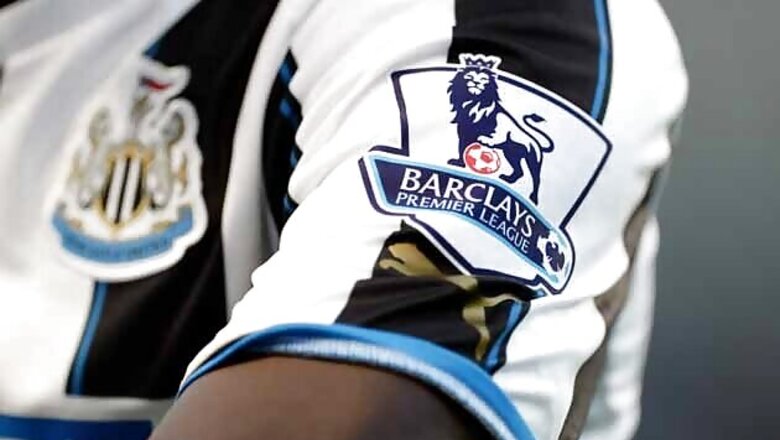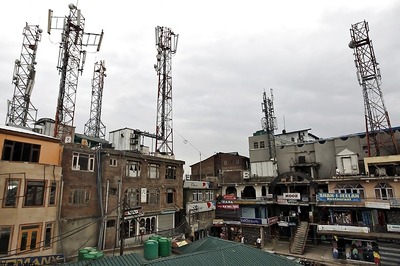
views
Games played in the fifth tier or lower of English football are the focus of an investigation into match-fixing by a suspected international betting syndicate that has led to six people being arrested.
The Premier League said on Thursday that it has not been contacted by police in relation to an undercover investigation by Britain's Daily Telegraph newspaper, which reported that at least three of the men held this week are footballers. Another is reportedly a former Premier League player who is now an agent.
The Football League, which runs the three professional divisions below the Premier League, has already said it has not been involved in the investigation.
The fifth-tier Football Conference said it is "aware" of the alleged match-fixing case. "The Football Conference takes all matters relating to the integrity of the game very seriously," it said in a statement, "but it cannot make any comment on today's story as it would be inappropriate to do so."
The Telegraph reported in Thursday's edition of its paper that the suspected match fixers are being held in a police station in the central England. The paper said one of the alleged fixers was arrested on Tuesday and is "internationally known."
The Telegraph's website published a covertly recorded video in which it says the fixer claimed matches could be fixed for 50,000 pounds ($81,380). He also claimed to have connections with Wilson Raj Perumal, the Singaporean who was sentenced to two years in prison in Finland in 2011 for bribing players in the Finnish football league.
Match-fixing, fuelled by unregulated betting markets in Asia, is widely viewed by football's authorities as one of the biggest scourges on the game.
Europol, the European Union police liaison agency, said in February that it reviewed 680 suspicious recent cases of match-fixing but the organization's chief of media and PR, Soren Pedersen, said on Thursday he was unable to comment on whether this latest case was linked to that investigation.
"Unfortunately, this is not a problem that has disappeared," Pedersen told The Associated Press in a telephone interview. "There's definitely enough for police still to do to look into this crime phenomenon."
The last major match-rigging convictions in English football were in the 1960s. Peter Swan, David 'Bronco' Layne and Tony Kay, who were all in or on the fringe of the England team, were jailed for four months and banned for life for corruption.
In 1994, three then-Premier League players - goalkeepers Bruce Grobbelaar and Hans Segers and striker John Fashanu - were alleged by a newspaper to have fixed matches. The trio was acquitted following two trials after juries were unable to reach a verdict.
And in 1999, four men linked to a Malaysian-based betting syndicate were jailed for three years for plotting to sabotage floodlights ahead of Charlton's match against Liverpool that year as part of a match-fixing plot.
"It's no surprise to see that it has hit the U.K.," Pedersen said of the latest global wave of match-fixing cases.
"It's not only south-east Asia that has problems, but Greece, Albania, Turkey and Italy of course. It's in central and northern Europe. Even a country like Finland, which is not normally linked to bribery or corruption, have had several cases. Also in Hungary, there are things going on. It's practically all over Europe."
One of the biggest recent alleged fixing plots was unearthed in Australia where four English players were charged in September in a criminal investigation. Before heading to Australia to play for the Melbourne club Southern Stars, the men played in England's lower leagues.


















Comments
0 comment